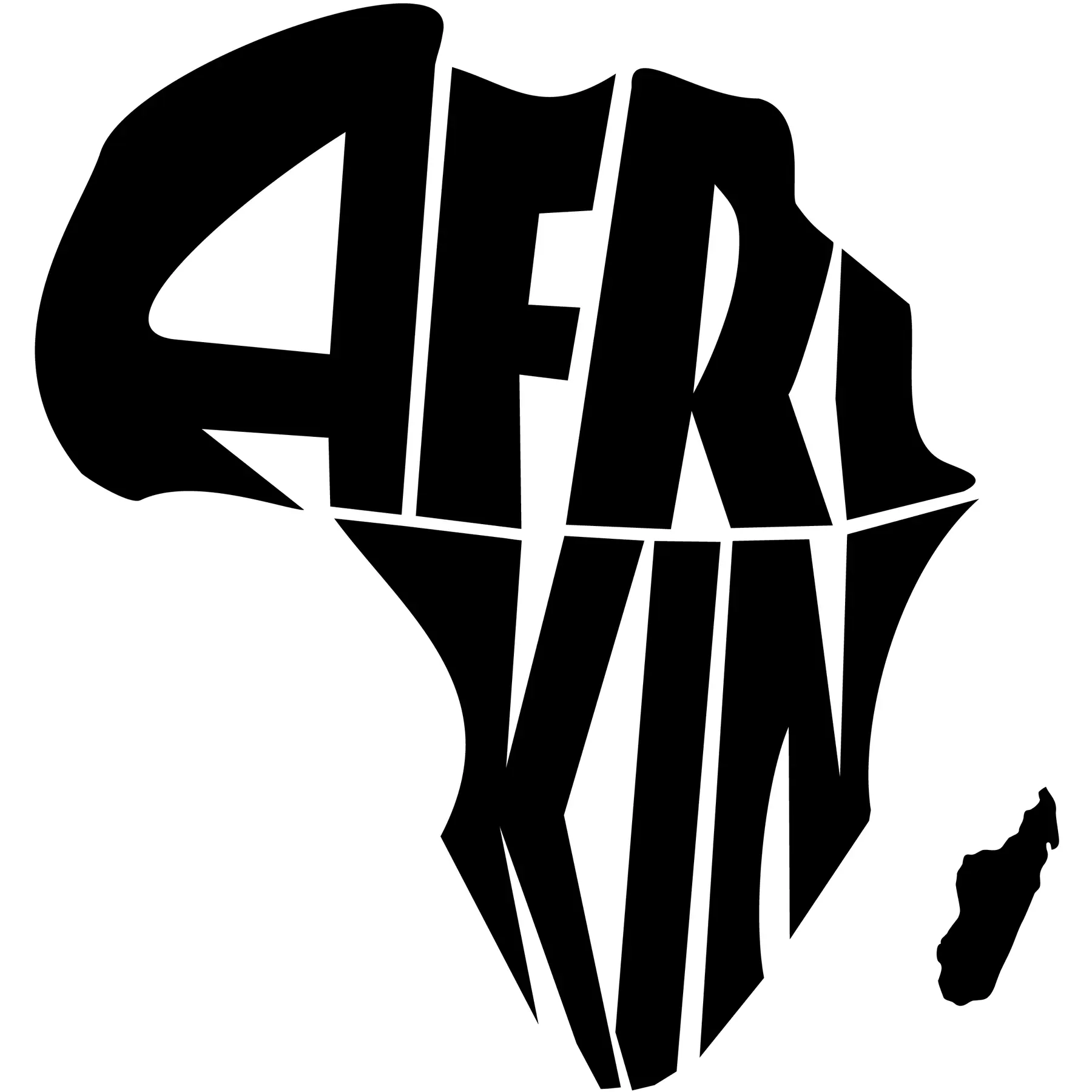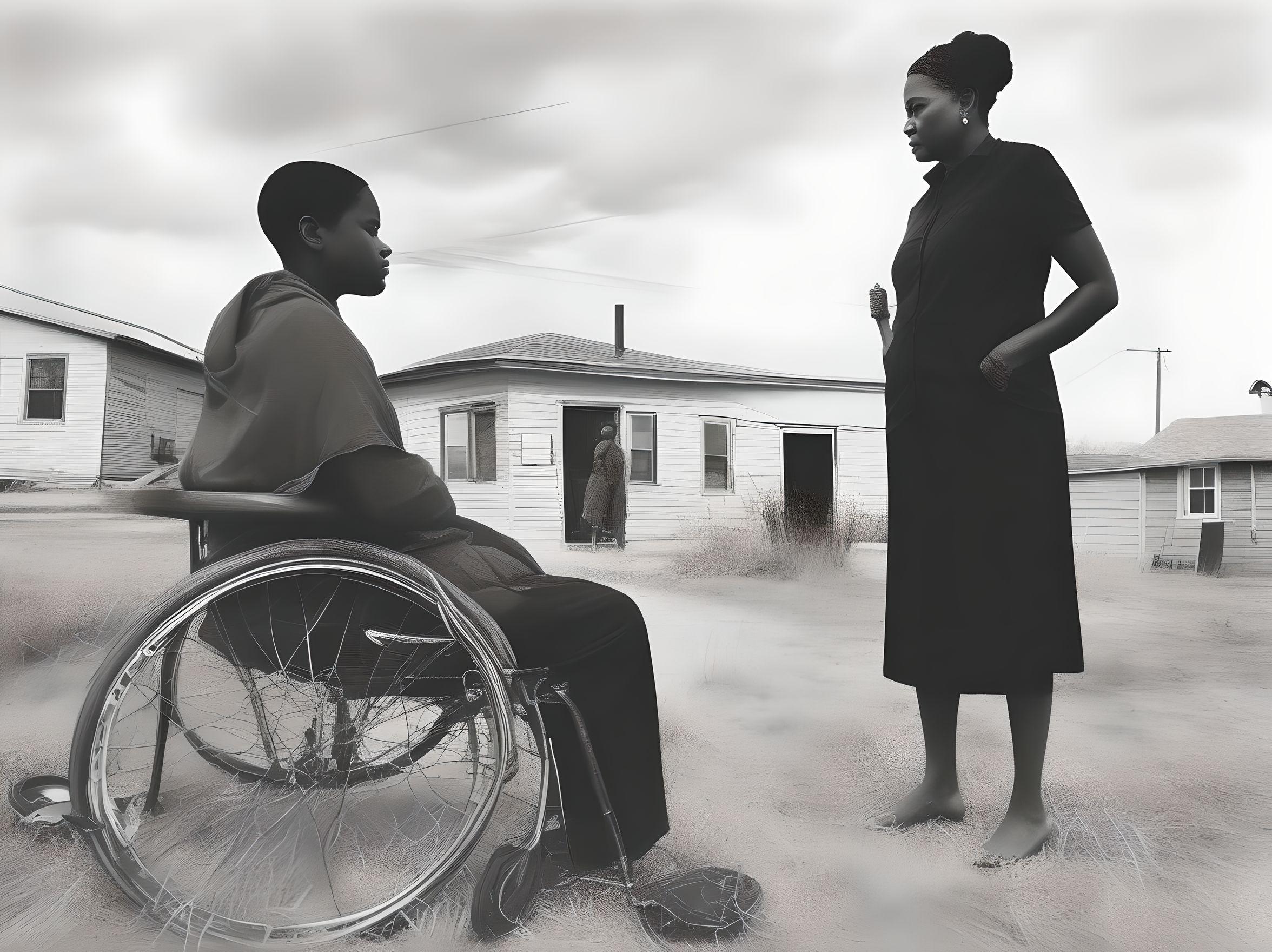Breaking the Bonds of Trauma: A Call to Self-Sufficiency in the Black Community
In the quiet whispers of shared pain, trauma bonding has become an insidious force within the Black community, perpetuating cycles of dependency and victimhood. The “They” syndrome—an ingrained tendency to attribute our shortcomings to external forces—has hindered our collective progress. It is time to dissect this phenomenon, identify the elusive “They,” and chart a path towards self-sufficiency and unity. The histories of other resilient populations offer valuable lessons in perseverance, adaptation, and triumph over adversity. As descendants of once-mighty kingdoms, we must reclaim our legacy and forge a thriving global Africa.
Understanding Trauma Bonding and Dependency
Trauma bonding occurs when individuals form emotional attachments to their abusers, deriving a sense of identity and solidarity from shared suffering. In the Black community, this manifests as a reliance on narratives of oppression, creating a feedback loop that inhibits progress. The “They” in these narratives often refers to systemic racism, historical injustices, and socio-economic barriers. While these factors are real and impactful, over-reliance on them can obscure personal and communal agency.
Learning from History: Global Resilience and Recovery
Other nations have faced annihilation and adversity but have emerged stronger through resilience and strategic action. Japan, after World War II, transformed itself into an economic powerhouse through innovation and education. India, post-colonization, focused on building a robust democracy and advancing technology. China’s rise as a global leader is a testament to its relentless focus on modernization and economic reform. Vietnam, after a devastating war, has seen significant economic growth and poverty reduction. These nations have not forgotten their hardships but have channeled their experiences into fuel for growth.
A Call to Reclaim AfriKin’s Legacy
Africa’s history is rich with examples of greatness. From the empires of Mali and Ghana to the intellectual centers of Timbuktu, African civilizations have contributed immensely to global culture and knowledge. However, centuries of colonization, exploitation, and internal strife have left scars that manifest as trauma bonds and dependency.
To break free from these bonds, we must embrace self-sufficiency and collective responsibility. Here are ten steps to guide us back to the path of prosperity:
- Education and Empowerment: Invest in quality education that fosters critical thinking and innovation. Encourage lifelong learning and skills development.
- Economic Independence: Support local businesses, promote entrepreneurship, and create economic opportunities within our communities. Emphasize the importance of financial literacy and wealth management.
- Community Solidarity: Foster a sense of unity and mutual support. Encourage collaborations and partnerships that benefit the collective rather than the individual.
- Cultural Renaissance: Celebrate and preserve our rich cultural heritage. Use art, music, and literature as tools for empowerment and education.
- Mental Health Awareness: Address the psychological impacts of trauma bonding. Provide access to mental health resources and destigmatize seeking help.
- Leadership and Accountability: Cultivate leaders who are accountable, transparent, and committed to the community’s well-being. Encourage grassroots leadership and civic engagement.
- Global Partnerships: Learn from and collaborate with other nations and communities that have overcome similar challenges. Leverage global networks for mutual benefit.
- Innovation and Technology: Embrace technological advancements and use them to drive development. Encourage STEM education and invest in research and innovation.
- Policy Advocacy: Advocate for policies that promote equity and justice. Engage in political processes to ensure our voices are heard and represented.
- Sustainable Practices: Prioritize environmental sustainability and resource management. Encourage practices that protect our natural heritage for future generations.
Breaking Free and Building Together
Change is challenging, but growth is incremental and achievable with collective will and effort. By breaking the bonds of trauma and dependency, we can create a future where the Black community thrives independently and interdependently. Let us stop coining phrases that perpetuate co-dependency and instead focus on creating a culture of growth and resilience.
With love, gratitude, and grace, let us commit to the betterment and upliftment of our AfriKin. Together, we can reclaim our legacy and build a thriving global Africa.
With love,
Alfonso

